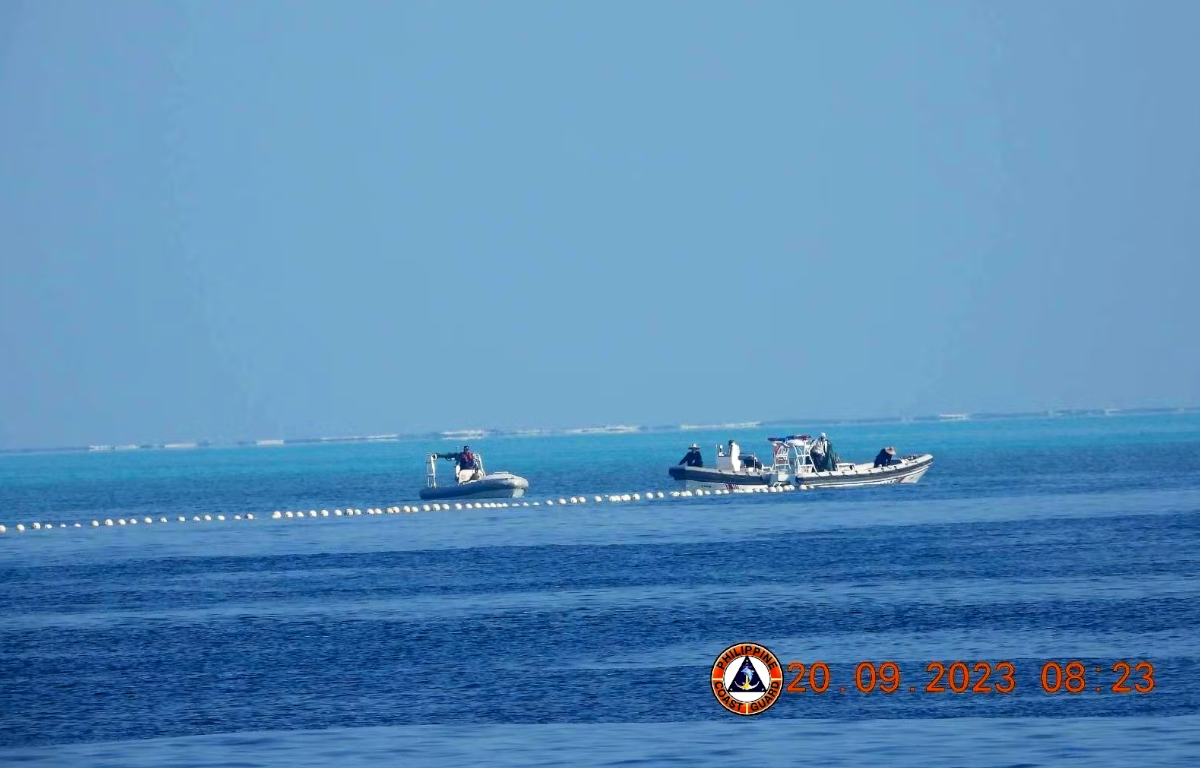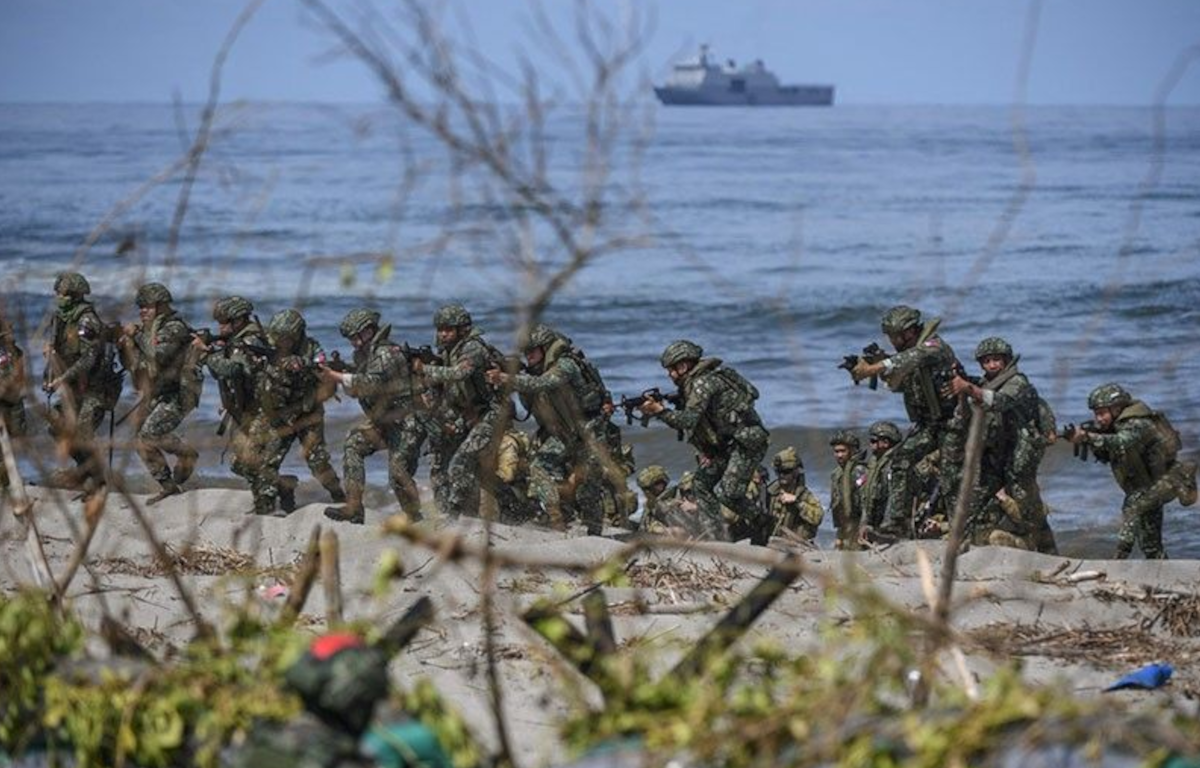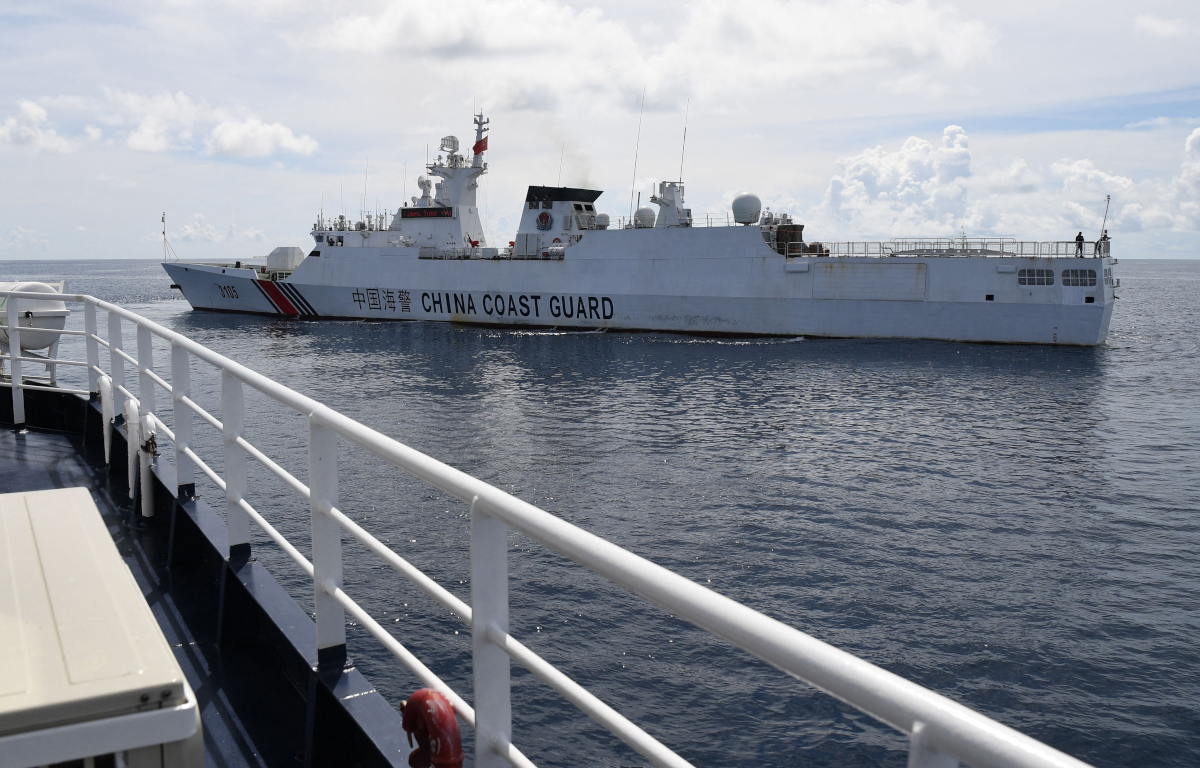
To address this volatility and the potential for conflict, the Association of Southeast Asian Nations (ASEAN) has championed the need for a Code of Conduct (COC) in the South China Sea. The goal is to establish a legal framework that can facilitate conflict resolution, define the rights and responsibilities of involved parties, and offer mechanisms for addressing disputes. It is within this context that Ferdinand “Bongbong” Marcos Jr., a prominent figure in Philippine politics, has emerged as a staunch advocate for a South China Sea COC firmly grounded in international law.
Central to Marcos Jr.’s advocacy is the call for any COC to find its moorings in international law, most notably the United Nations Convention on the Law of the Sea (UNCLOS). This anchoring ensures that the COC aligns with universally recognized principles of international law, offering a robust foundation for resolving disputes peacefully.
Furthermore, Marcos Jr. champions a multilateral approach, advocating for inclusive negotiations involving all relevant parties. Rather than seeking bilateral agreements, he envisions a collective effort by ASEAN member states and China. This approach aims to enhance transparency and bring all stakeholders to the negotiating table.
In essence, Marcos Jr.’s stance revolves around the pursuit of diplomatic and peaceful solutions to the South China Sea disputes. He underscores the significance of dialogue and cooperation among nations in the region, believing that such an approach is vital in preventing escalations that could lead to armed conflict.
The South China Sea issue is complex and critical, affecting not only regional stability but also global trade. Ferdinand “Bongbong” Marcos Jr.’s unwavering support for a South China Sea COC deeply rooted in international law reflects the growing consensus among regional nations regarding the necessity of a rules-based framework to manage and resolve these disputes. While diplomatic challenges undoubtedly persist, the pursuit of a legally binding COC offers a ray of hope for a more peaceful and cooperative future in the South China Sea.










Share this: